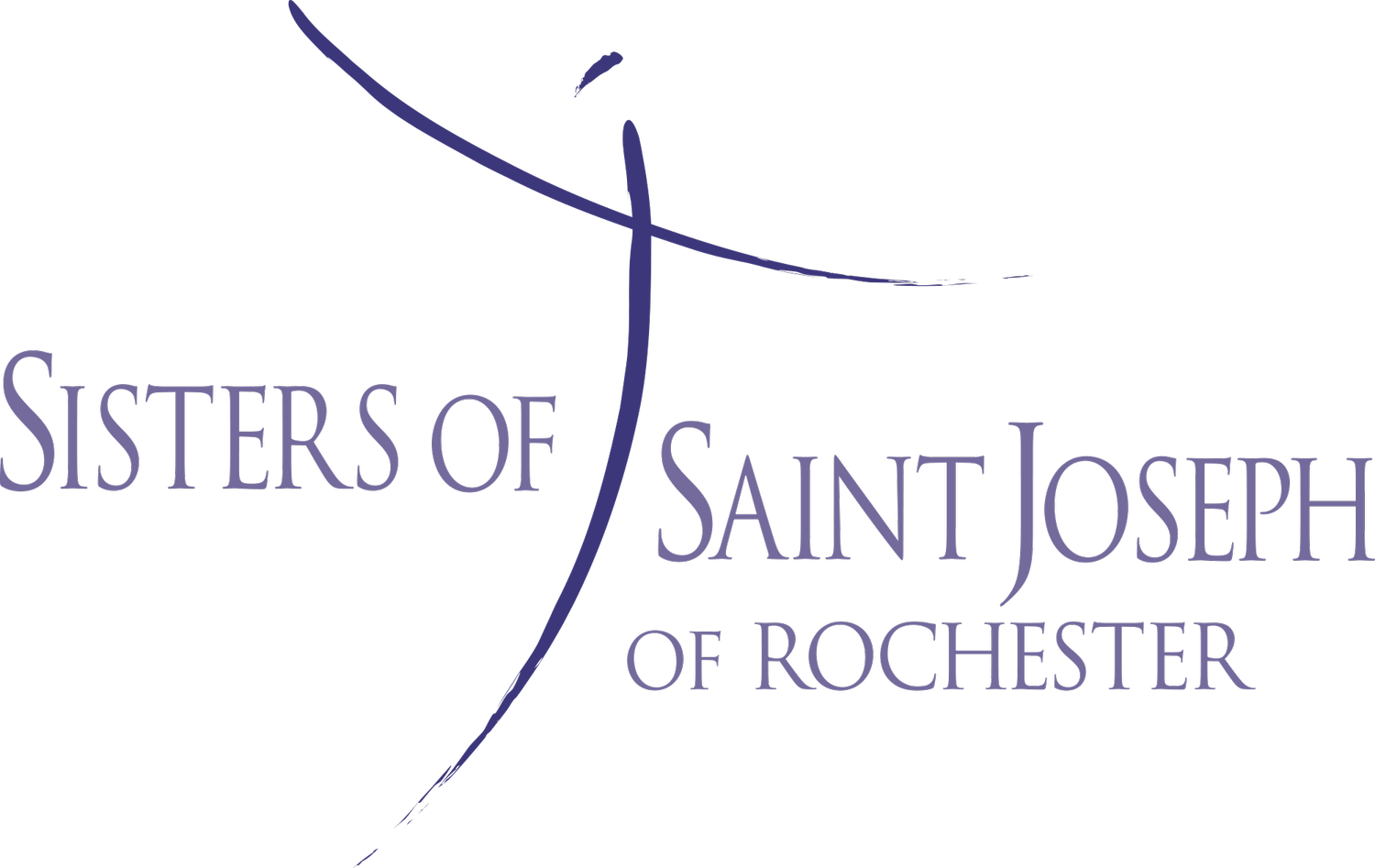
Economic Justice
“Just as the commandment ‘Thou shalt not kill’ sets a clear limit in order to safeguard the value of human life, today we also have to say ‘thou shalt not’ to an economy of exclusion and inequality. Such an economy kills. How can it be that it is not a news item when an elderly homeless person dies of exposure, but it is news when the stock market loses two points?”
From the USCCB: A Framework for Economic Life
Catholics are encouraged to use the following ethical framework for economic life as principles for reflection, criteria for judgment, and directions for action. These principles are drawn directly from Catholic teaching on economic life.
The economy exists for the person, not the person for the economy.
All economic life should be shaped by moral principles. Economic choices and institutions must be judged by how they protect or undermine the life and dignity of the human person, support the family and serve the common good.
A fundamental moral measure of any economy is how the poor and vulnerable are faring.
All people have a right to life and to secure the basic necessities of life (e.g., food, clothing, shelter, education, health care, safe environment, economic security.)
All people have the right to economic initiative, to productive work, to just wages and benefits, to decent working conditions as well as to organize and join unions or other associations.
All people, to the extent they are able, have a corresponding duty to work, a responsibility to provide for the needs of their families, and an obligation to contribute to the broader society.
In economic life, free markets have both clear advantages and limits; government has essential responsibilities and limitations; voluntary groups have irreplaceable roles, but cannot substitute for the proper working of the market and the just policies of the state.
Society has a moral obligation, including governmental action where necessary, to assure opportunity, meet basic human needs, and pursue justice in economic life.
Workers, owners, managers, stockholders, and consumers are moral agents in economic life. By our choices, initiative, creativity, and investment, we enhance or diminish economic opportunity, community life, and social justice.
The global economy has moral dimensions and human consequences. Decisions on investment, trade, aid, and development should protect human life and promote human rights, especially for those most in need wherever they might live on this globe.
Learn
Income Inequality - A Catholic Concern, from the USCCB
Poverty USA, an initiative of CCHD, was created as an educational resource to help individuals and communities to address the root causes of poverty in America is a great source. Learn here.
Income inequality visualizations from the US Census Bureau
In the United States, tens of millions of people live in The Web of Poverty. This video from the USCCB offers a unique insight into the complexity of poverty, how it connects to everything that we do and the factors that keep so many people and families entrapped.
Watch this TED Talk with Van Jones: The Economic Inequality of Plastic and then use this discussion guide to have a conversation about our throwaway culture.
